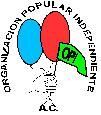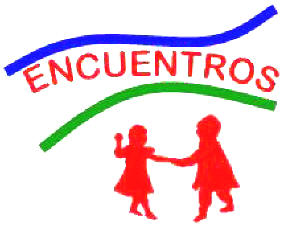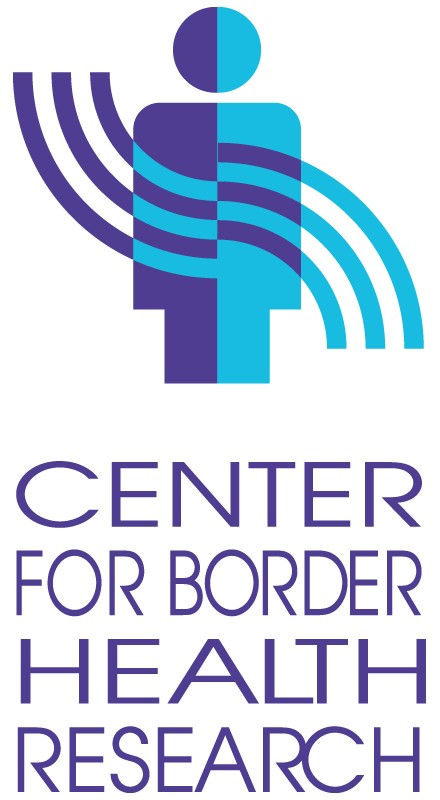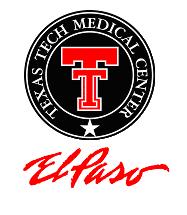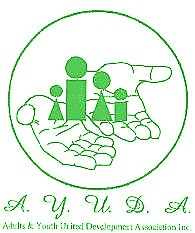| |
The
Encuentros Project is supported by a grant from the National
Institute of Environmental Health Sciences, National Institutes
of Health (RO1-ES11367). The purpose of the project is to evaluate
environmental lead exposure among children in the border communities
of El Paso, Texas and Cd. Juarez, Mexico using a community-based
public health research approach. The El Paso-Juarez border region
is characterized by many factors that may increase the risk for
childhood lead exposure, including poverty, overcrowding and substandard
housing, lack of infrastructure, and history of an extensive mining
industry. The study objectives are to: 1) estimate the geographic
distribution of environmental lead contamination in
El Paso, Texas and Juarez, Mexico; 2) estimate the prevalence
of elevated blood lead levels (EBL) in children, 3) differentiate
chronic lead exposure in children with EBL, 4) fractionate lead
in blood samples of children with EBL, and 5) involve end-users
to evaluate a scientifically-based culturally relevant prevention/intervention
strategy.
The research team is headed by Dr. Maria Amaya, Professor of Nursing
in the School of Nursing at the University of Texas at El Paso,
El Paso, Texas. The multidisciplinary team includes scientists
from The University of Texas at El Paso, Texas Tech University
Health Sciences Center at El Paso, the Paso del Norte Center for
Border Health Research, and a Coalition of Community based organizations
including the Femap Foundation, Organización Popular Independiente,
Inc. (OPI), Adults and Youth United Organization (AYUDA), and
Salud y Desarrollo Comunitario, A.C. (SADEC). The Project interacts
with the community through the Binational Task Force (Junta Directiva).
The Project is in the third of five years. Estimation of the geographic
distribution of outdoor environmental lead contamination is in
progress. Teams of researchers and community health workers are
collecting soil samples from 500 blocks in El Paso and Cd. Juarez.
Indoor household testing is planned in the third year of the study,
as well as testing the blood lead levels of a representative sample
of children in each city.
This website fulfills the mission of community-based participatory
research as envisioned by the National Institute of Environmental
Health Sciences. The purposes of this website are: 1) to link
the research team and the community partners to the larger binational
community; 2) to provide timely information about the project;
and 3) to provide one mechanism for input and feedback from the
community.
|

